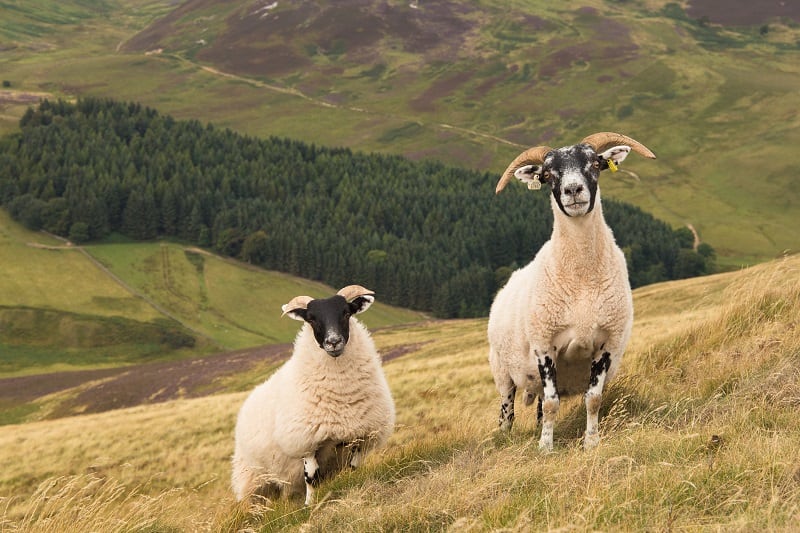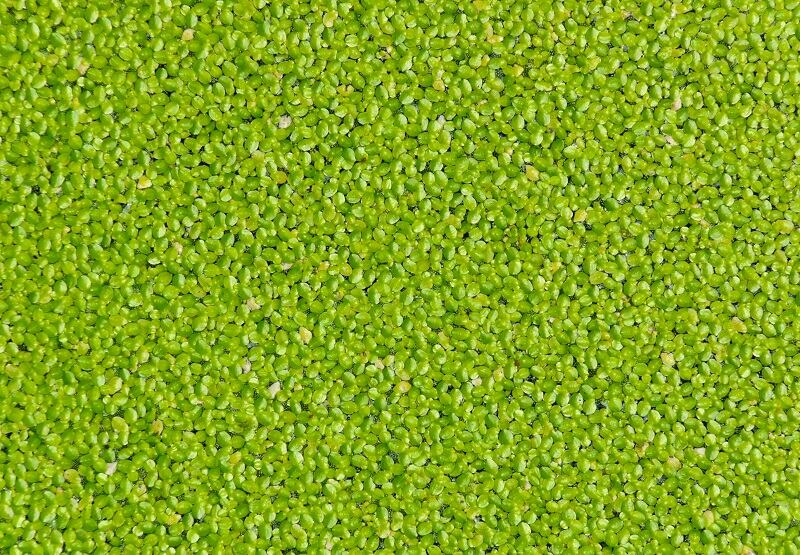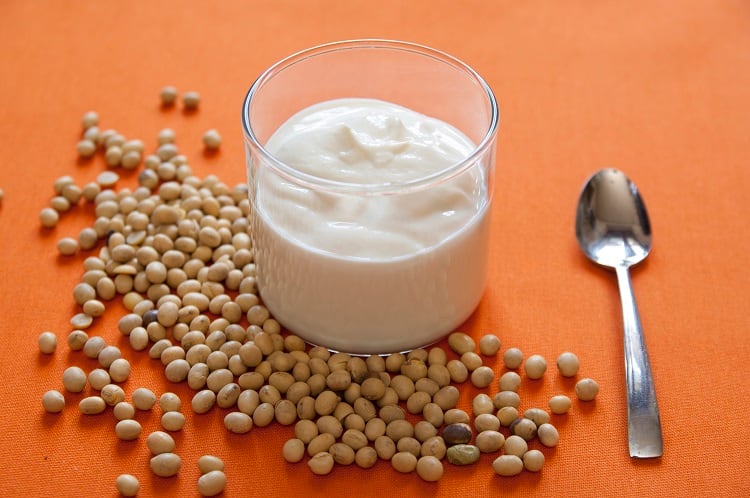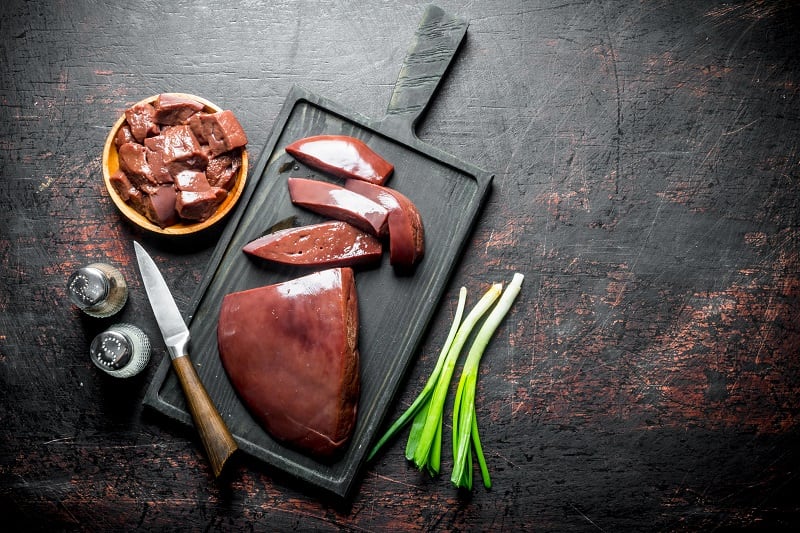Eating meat will be an important part of a sustainable food system, said the leading Dutch scientist and academic Professor Louise Fresco.
The influential thinker and commentator on global food issues told 650 industry leaders and academics at the City Food Lecture in London last week (20 February) that the future of food would be characterised by people eating less meat. But Fresco, the President of the Executive Board of Wageningen University & Research, one of Europe’s leading academic agri-food organisations and research and development centres, argued that taking meat out of diets altogether was not the solution.
“It’s clear than animal production has an impact on the environment through its emissions of greenhouse gasses and methane… and the feeling that somehow animals are dangerous is taking hold,” she said. But she added “we cannot solve future food problems without considering the whole issue of how we are going to provide the world with animals proteins.
“Even if we did away with all the animals for meat production, that land would be taken over by wild animals, which would have a carbon footprint of their own. So the anti-meat debate is not straightforward.”
3 reasons we need animals in the food system
Fresco argued that grazing animals offer the planet its best hope of cutting greenhouse gas emissions by drawing carbon out of the atmosphere and storing it in the soil.
“A large proportion of the world’s surface is either too dry, too hot, too cold, too stoney or too steep to do anything else but have animals grazing. And grazing animals can do one thing that we humans can never do: that's convert inedible plants into very high valuable crops and foods.”
She added: "We now know that that grasslands are probably the best possible way to capture carbon and leave it in the soil: a permanent way of capturing C02.”
Meanwhile, animals can potentially help address the growing problem of food waste. Wageningen recently published research suggesting the problem of food waste is worse than thought, with consumers discarding a lot more food than widely believed. “There may be as many as 500 calories of waste. Per person, per day,” noted Fresco. “If we could at least use that to feed animals we are going to be better off.”
Nutrient-rich meat is also set to become increasingly vital as global populations age. “[Meat] gives us give us concentrated amounts of nutrients. It is a particularly a good source of iron - particularly for women and small children but also the elderly.”
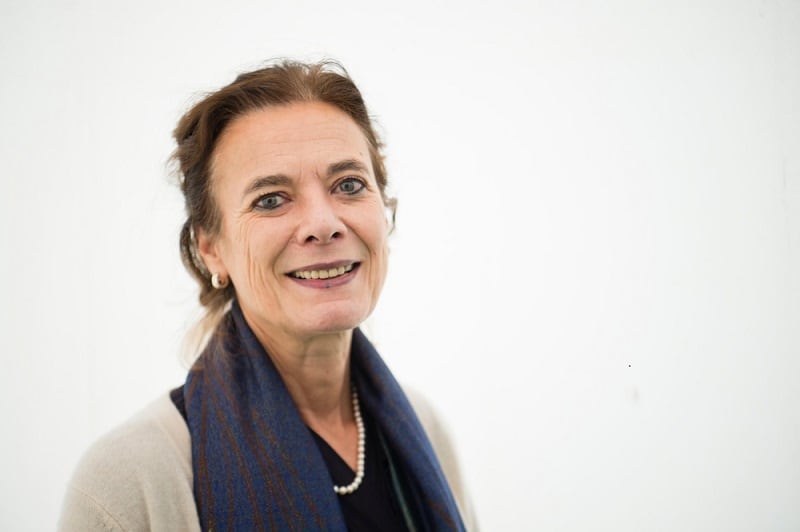
What about alternatives to meat protein?
Fresco recommended more sources of plant proteins be used to improve global health. “About three-quarters of the meat in the world is processed meat,” she observed. “If you put one third of plants in the meat most consumers will not notice.”
However, she identified a host of problems in the current drive in plant-based alternatives. “All these vegan burgers have a big problem and that's they are all ultra-processed. So from a nutritional point of view they are not the best solution,” she noted.
Insects, she added, are too unstable. "Besides, if you want to rear them they require a lot of energy which omits greenhouse gasses. Food safety may also be an issue.”
Lab-grown meat, she said, is currently too expensive to be a ‘real alternative’. Factory-grown amino acids have more potential, but this sector, too, remains too nascent. "We can grow amino acids in tanks just like in a factory. That can be done quite efficiently and the price of that is coming down every year. But you can’t eat liquids, so there's a long way to go.”
Algae and seaweeds, she told the audience, are the plant-based protein sources she finds most interesting. Unfortunately, "growing them is really complicated and they grow really slowly,” she lamented.
She concluded: “In the future I don't think we will eat meat every day - we can easily do with two or three days without meat. But doing away with meat and animals completely would be the wrong choice from a health and environmental point of view.
“But we must ensure we produce meat in the most sustainable fashion… meat is part of a sustainable world - the best way to use the land; the best way to feed ourselves.”


